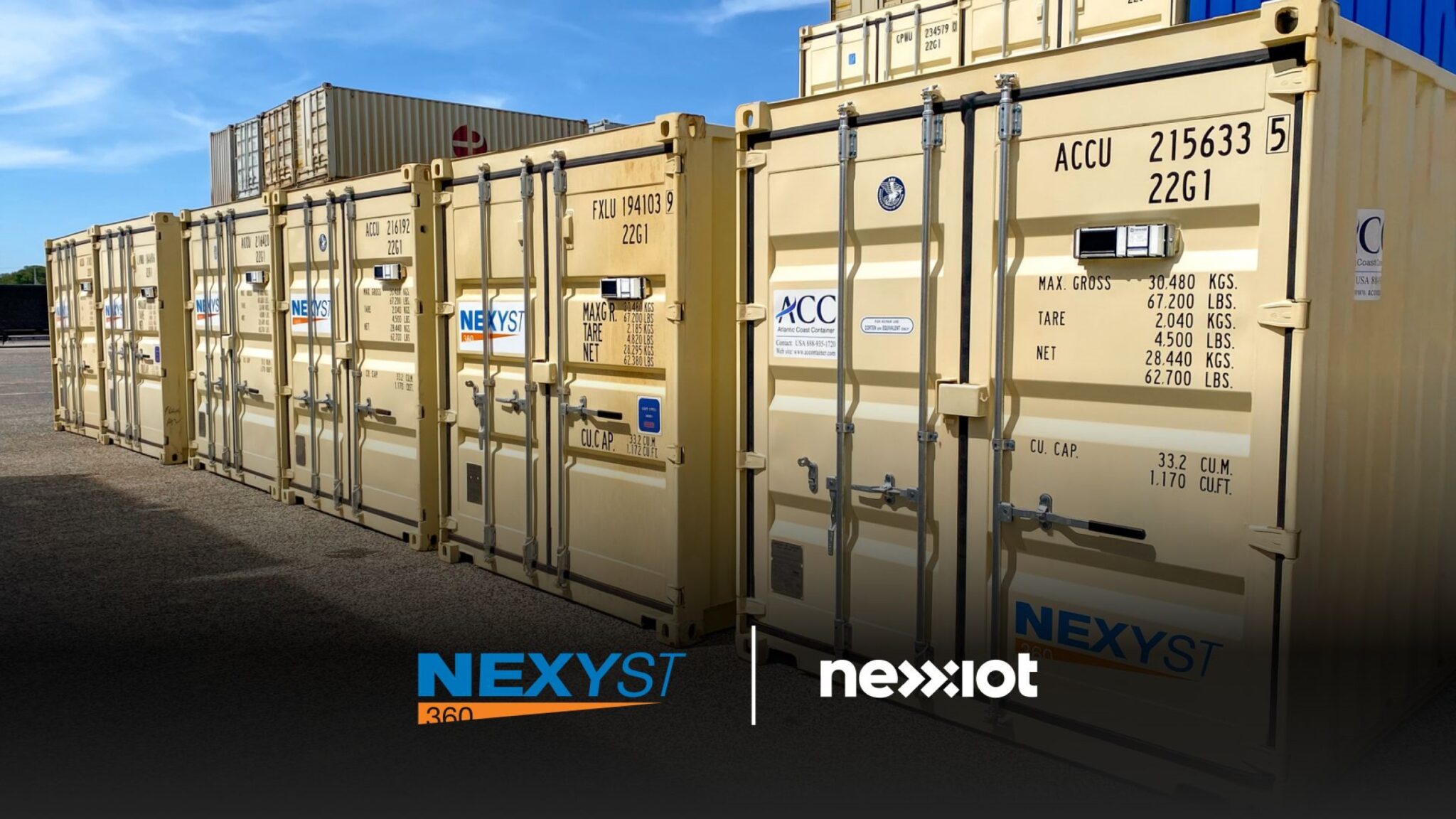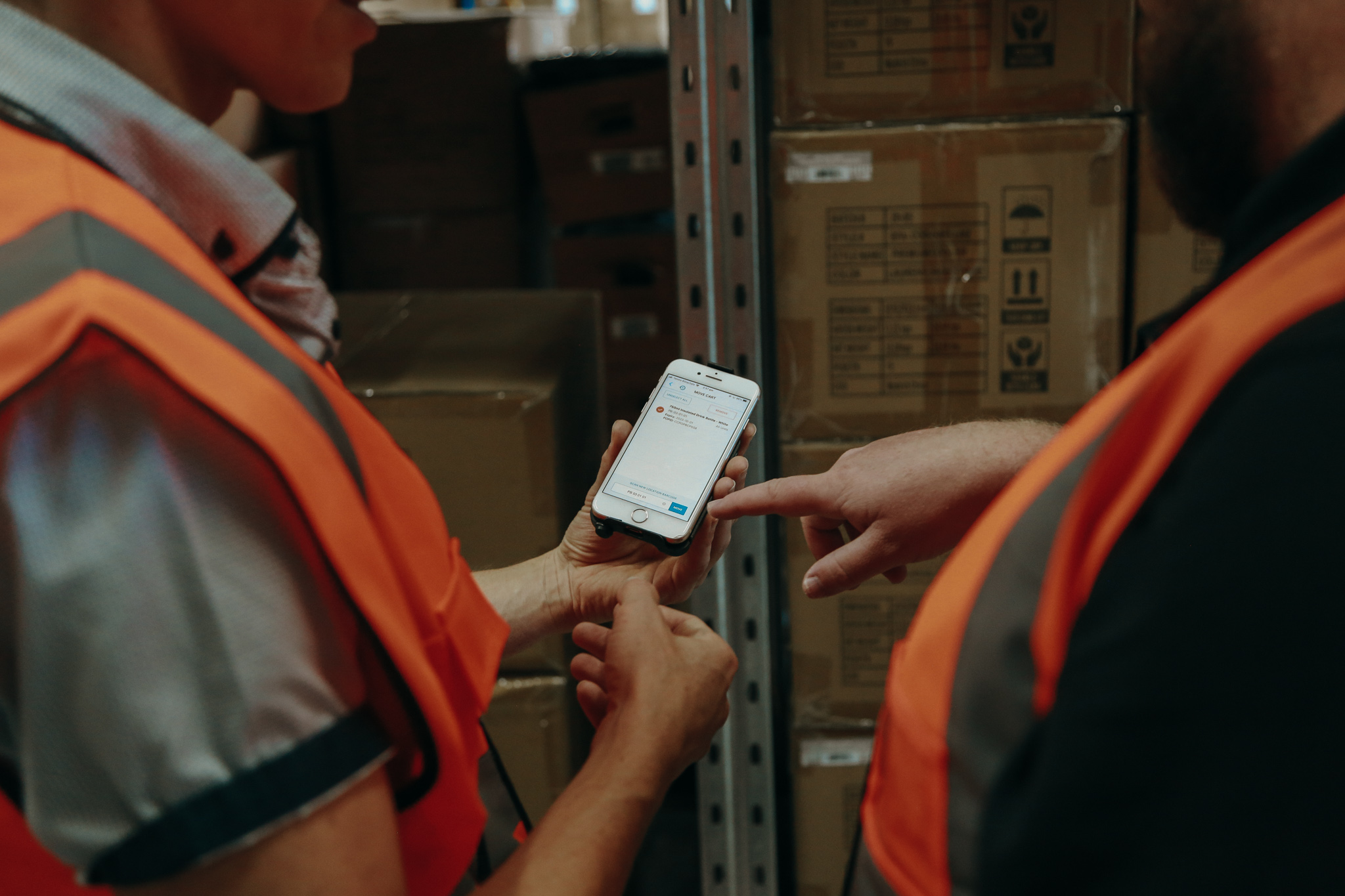In a recent development to its long-standing relationship with Marshall Fleet Solutions, Ocado Logistics has now added the Titan system to its refrigerated trailer fleet as part of its ongoing commitment to sustainability and reducing the carbon footprint within its business operations.
In a double first and already on the roads providing the logistics solution for the world’s largest online supermarket, the Titan system from Marshall Fleet Solutions is fitted to a 4.98m high double deck trailer, combined with an Advancer A400 refrigeration unit. Titan uses power produced from lightweight, high powered solar panels and stores the electrical energy in long life lightweight lithium batteries to provide powered to the refrigeration unit.
“As part of our Ocado’s commitment to sustainability we have a goal to bring our operations to net zero by 2035” says Graham Thomas, Fleet Operations Manager – Truck. “With a fleet including 300 trailers of which 245 are temperature controlled, for some time we have been looking towards alternative solutions to power trailer fridges, at one point looking at developing our own solution. On learning of Titan and the success of other customer trials, it seemed like a viable add on solution, supplied and supported by a known partner.”
Online retailer adds Titan system from Marshall Fleet Solutions to double deck trailers
The relationship between Ocado and Marshall Fleet Solutions dates back to the early 2000s when Ocado were a fledgling start up, initially primarily as a refrigeration equipment supplier. However, in 2017 Ocado switched the repair and maintenance of its entire Thermo King refrigeration fleet to Marshall Fleet Solutions. This latest addition of Titan systems to the fleet, cements the strong and growing relationship between the two companies.
Available exclusively from Marshall Fleet Solutions, the Titan system’s independent and autonomous design is capable of providing 100% free power to all makes of on-board refrigeration unit, tail lifts and other vehicle mounted electrically powered applications on all vehicles sizes from LCVs, small trucks, to HCVs, both single temp and multi-temp. Available for both new vehicles as well as for retrofitting to existing vehicles, Titan has the ability to convert fleets to reach zero carbon goals overnight.
Graham continues, “Because of the nature of our trunking operation and the temperature regimes we use, there is in theory no reason why diesel can’t be eliminated completely and Titan has the potential to be a key contributor to this goal. In preparation we’re building all our future trailers to be capable of taking Titan as a retrofit.”
“It’s so pleasing to see how the partnership between our two companies is continuing to grow and to see Ocado take a leading position by incorporating Titan into its double deck fleet this year,” said Mark Howell, Managing Director, Marshall Fleet Solutions. “The successful use of solar powered refrigerated trailers within the Ocado operation will have a significantly positive impact towards delivering their sustainability goals and we are delighted to be part of their journey to Net Zero.”
Marshall is an independent UK company with a diverse portfolio of businesses and a shared commitment to keeping our customers moving forward. Whether that’s supporting global armed forces to deliver mission-critical activities, keeping the UK distribution industry on the road, creating new, sustainable communities where people can live and thrive, or developing the next generations of industry talent – we are incredibly proud to have been building extraordinary futures since 1909. Headquartered in Cambridge, we currently employ around 2000 people across locations in the UK, Northern Europe, North America and the UAE.





